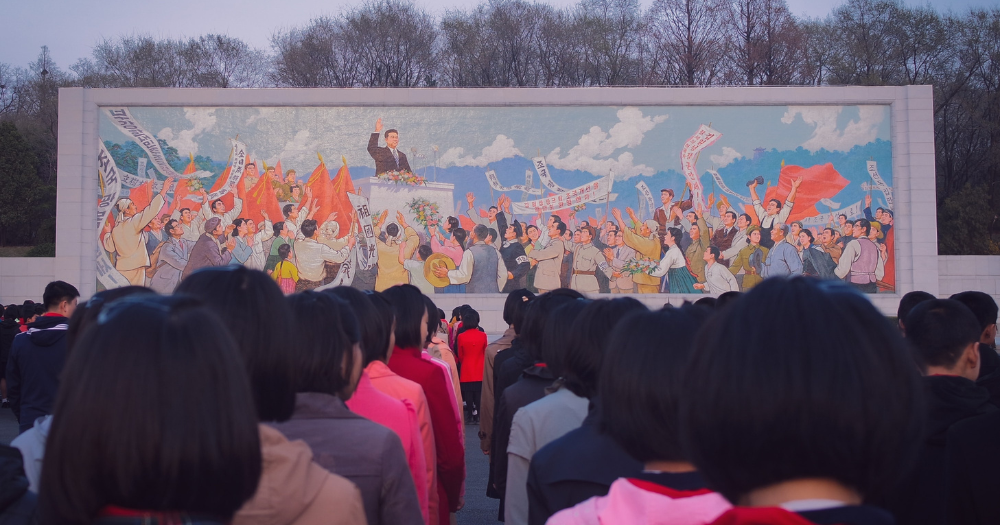Follow us on Telegram for the latest updates: https://t.me/mothershipsg
North Korean authorities have ordered a five-day lockdown for residents in the capital city of Pyongyang, starting Wednesday (Jan. 25).
This is according to an official Democratic People's Republic of Korea (DPRK) government notice, reported NK News, which is based in South Korea.
Rise in respiratory illnesses
The lockdown is triggered by a rise in respiratory illness cases.
While the notice said that the respiratory illnesses spreading through Pyongyang include the common cold, there is no mention of Covid-19, stated NK News.
Residents are required to stay in their homes till the end of Sunday (Jan. 29). Also, residents are subjected to several temperature checks a day and must submit their temperature readings.
However, as the North Korean state media has not announced the new measures, it is unclear if other cities are also subjected to lockdown.
North Korea previously claimed to have eradicated Covid-19
In May 2022, a similar notice was issued when North Korea saw an outbreak of Covid-19 cases. As a result, the country saw a nationwide lockdown with no specific end date but lasted over two weeks, said NK News.
According to Reuters, North Korea did not confirm how many people were infected with Covid-19 as it lacked the ability to conduct widespread testing.
Instead, North Korea reported daily numbers of patients with fever and has not reported any more Covid-19 cases since Jul. 29, 2022.
In Aug. 2022, North Korea declared "victory" over Covid-19, said Reuters.
Panic-buying in Pyongyang and anti-epidemic work in Kaesong City
On Jan. 24, NK News reported that residents in Pyongyang were panic-buying large amounts of food amidst rumours of the lockdown.
According to North Korean state media Korean Central News Agency (KCNA), Kaesong City has raised the "public anti-epidemic atmosphere".
Kaesong City, near South Korea's border, saw an increase in the "persuasion of explanation and information work... so that all the working people observe anti-epidemic regulations voluntarily in their work and life", reported KCNA.
Top photo from Unsplash.
If you like what you read, follow us on Facebook, Instagram, Twitter and Telegram to get the latest updates.
